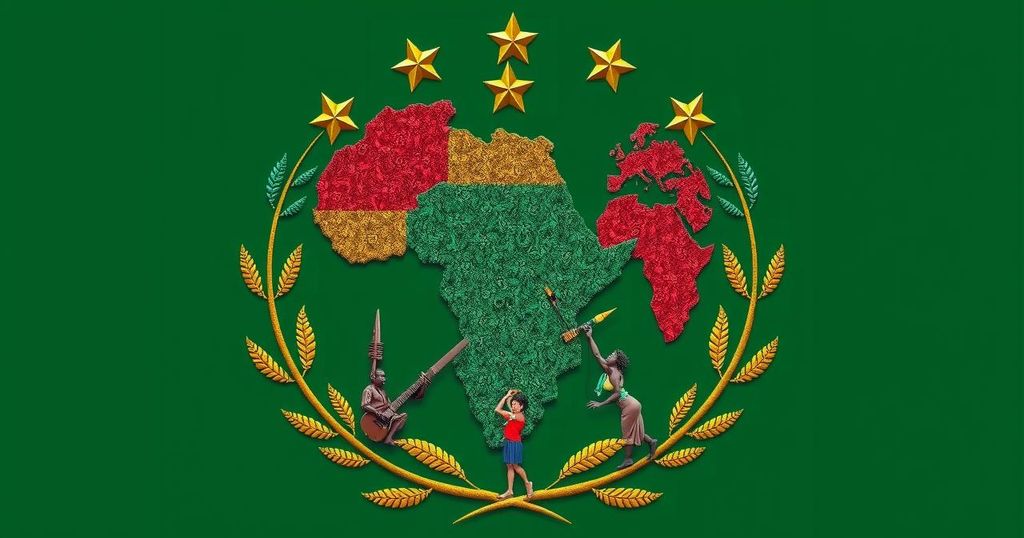The launch of the ‘Brave for Peace’ program, backed by Sh2.3 billion (USD 18 million), seeks to bolster community resilience against violent extremism in Kenya, Somalia, and South Sudan over the next three years. It will focus on local solutions to address root causes of conflict, including economic disparities and political instability, with support from UNDP and KOICA. This initiative comes amid rising concerns over extremism in the region, with leaders emphasizing the need for comprehensive approaches to achieve lasting peace.
A significant initiative aimed at enhancing the resilience of communities in Kenya, Somalia, and South Sudan against violent extremism and conflict has been launched, titled ‘Brave for Peace’. This program, funded by the Korea International Cooperation Agency (KOICA) and implemented by the United Nations Development Programme (UNDP), has received a budget allocation of Sh2.3 billion (USD 18 million). Over a three-year period, the program will focus on local solutions to address the root causes which lead to violence such as economic deprivation, marginalization, and political instability. At the program’s launch, Kenya’s Interior Principal Secretary Raymond Omollo acknowledged the country’s relative stability compared to its neighbors, yet underscored the persistent threat of extremism. He remarked on recent radical incidents, including the Shakahola massacre, illustrating that religiously motivated violence transcends singular ideological boundaries. Meanwhile, Abdullahi Mohamed Nur of the Tusban Centre emphasized that extremist groups like Al-Shabaab disguise their criminality under religious pretexts, disrupting the social fabric of communities through their actions. The Deputy Director of IGAD’s Centre of Excellence for Preventing and Countering Violent Extremism, Mohamed Houmed, pointed out the alarming increase in extremist activities over the past decade within the region, particularly affecting vulnerable populations, especially the youth. Furthermore, KOICA’s Deputy Director Songi Han highlighted that violent extremists manipulate existing societal grievances to undermine the relationship between governments and their citizens, affecting marginalized groups disproportionately. For South Sudan, Under-Secretary Pia Phillip Michael asserted that while the country may not presently face violent extremism, it grapples with climate-induced insecurity and communal conflicts. He expressed hope that this initiative will facilitate comprehensive strategies towards achieving enduring peace in the region.
The initiative emerges in light of increasing violent extremism and civil unrest in the East African region. Over the last decade, organizations like Al-Shabaab have exploited economic, political, and social grievances to foment violence, particularly targeting vulnerable groups. There is a growing need to develop localized interventions that address these root causes to foster peace and stability. This project aims to implement grassroots solutions to strengthen communities, enhance dialogue among diverse groups, and ultimately mitigate the factors contributing to instability and extremism.
The ‘Brave for Peace’ initiative represents a pivotal step towards combatting violent extremism and promoting stability in Kenya, Somalia, and South Sudan. By addressing fundamental issues such as economic deprivation, marginalization, and political instability, it seeks to empower local communities to find sustainable solutions to their conflicts. Leaders from the involved nations have expressed optimism that this program will enhance resilience and contribute crucially to peace efforts in the Horn of Africa.
Original Source: eastleighvoice.co.ke






